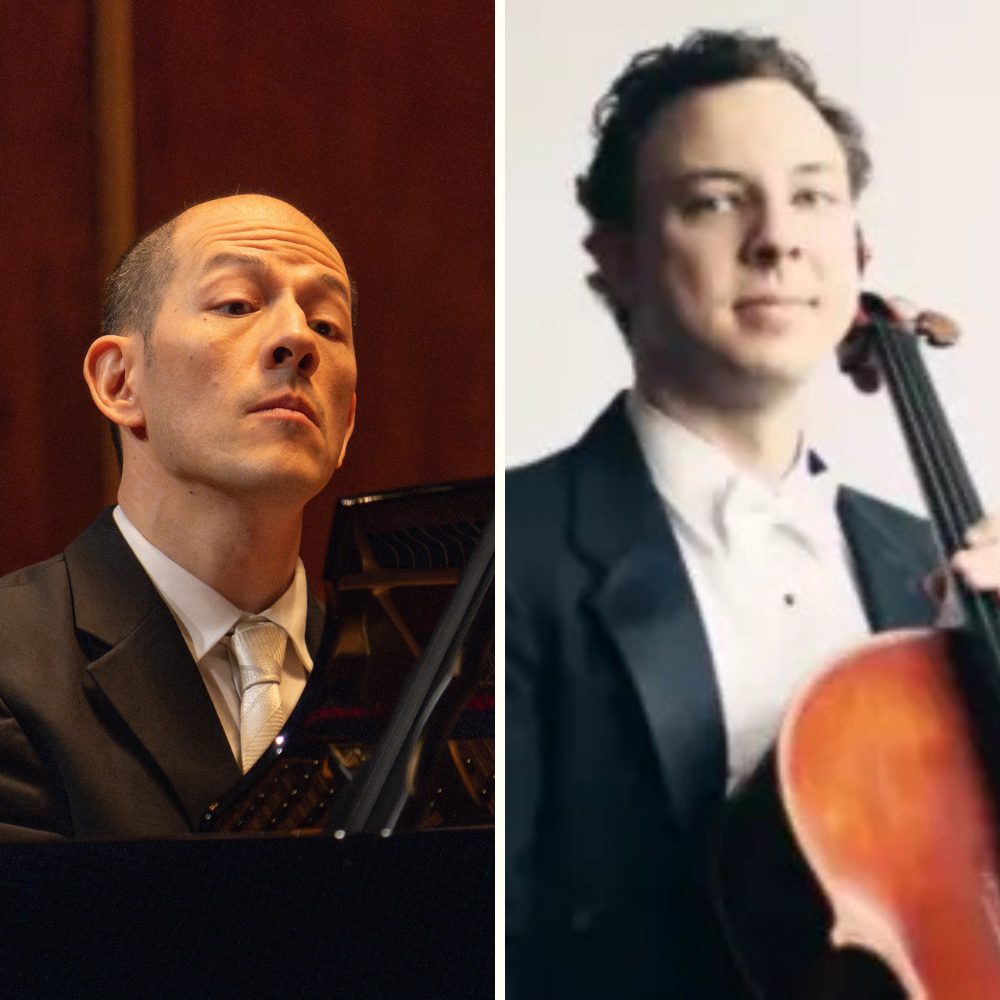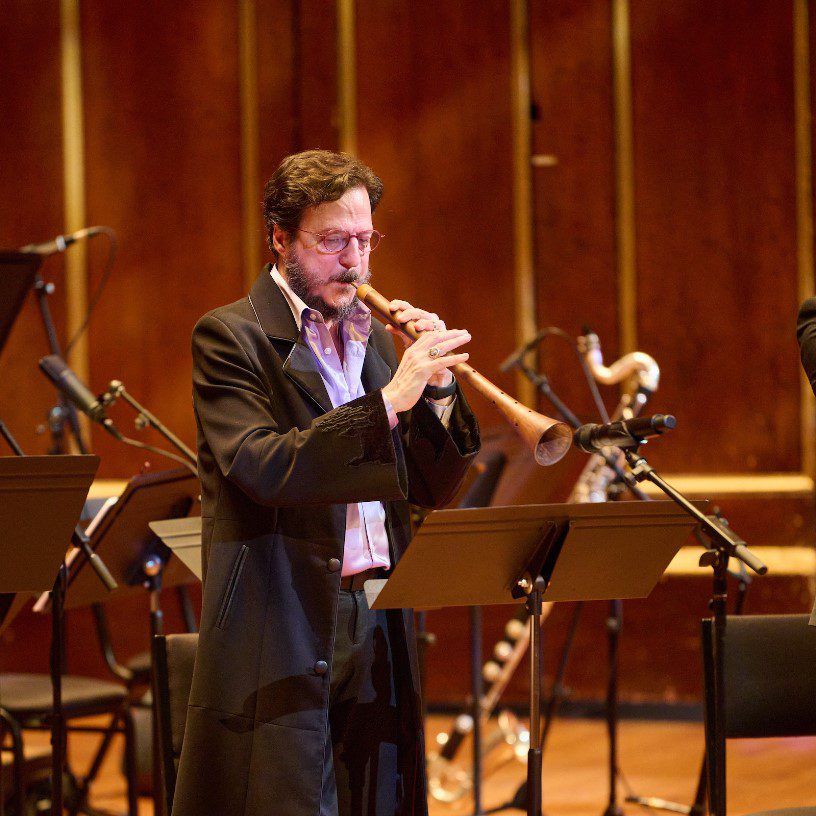Jazz Studies
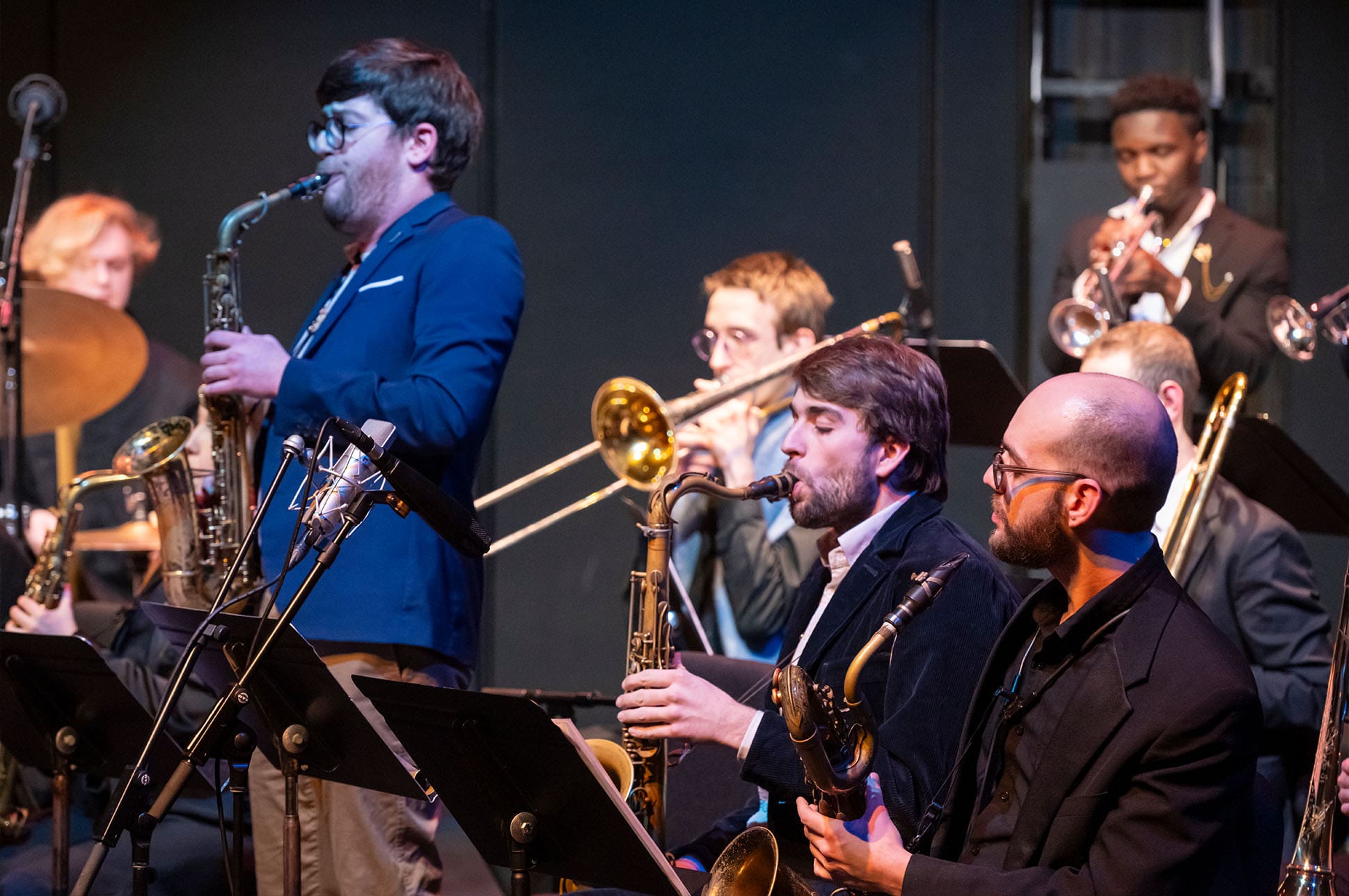
NEC has long been a pioneer in the education of jazz artists, having started the first fully accredited jazz studies program at the conservatory level nearly 50 years ago.
NEC’s community of alumni and faculty comprises some of today’s most influential jazz artists, including MacArthur Genius grant recipients and Grammy Award winners. NEC students can choose to study with anyone from NEC’s roster of world-renowned artist-teachers. Faculty-coached small ensembles—from free and early jazz to gospel music and songwriting—reflect NEC’s inclusive approach to music-making. Explore the jazz tradition and create the future of jazz music at NEC.

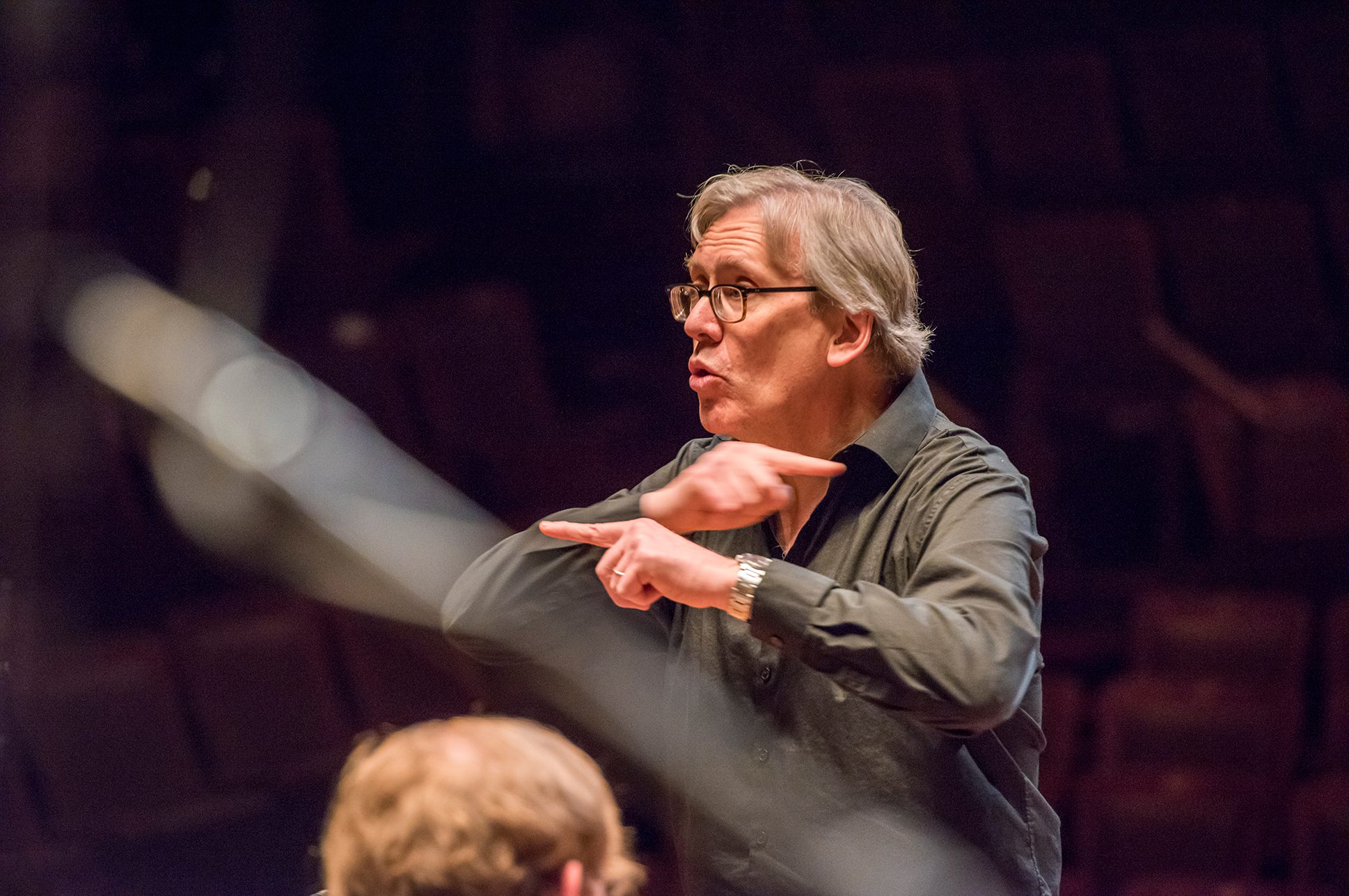
NEC Jazz Studies Chair Ken Schaphorst
Ken Schaphorst
From the Department Chair
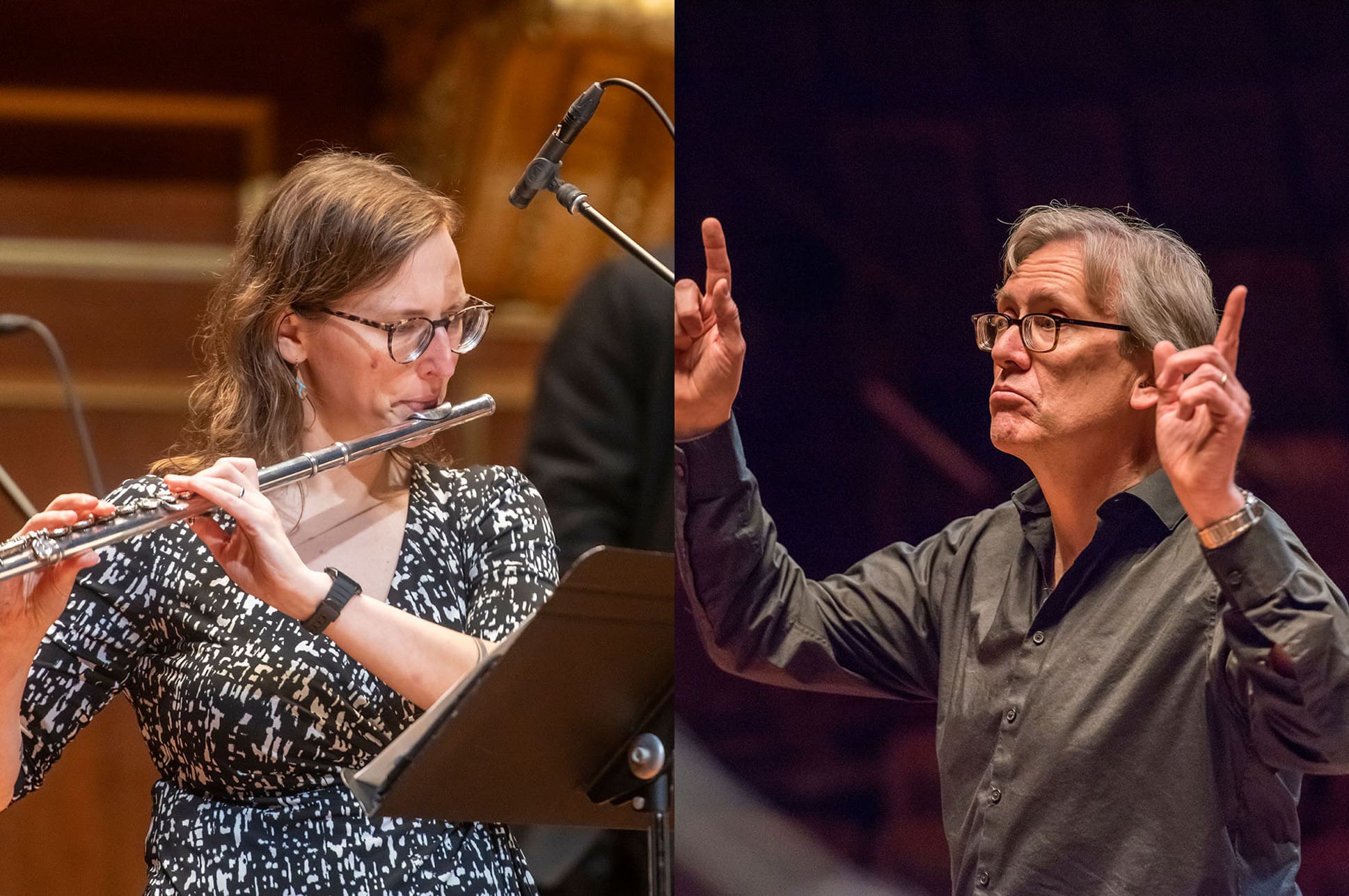
NEC has long been a pioneer in the education of jazz artists. NEC started the first fully accredited jazz studies program at the conservatory level nearly 50 years ago at the urging of Gunther Schuller. Our rigorous and open-minded approach to improvisation and composition has been a constant since Jaki Byard and George Russell created the school’s groundbreaking curriculum. NEC continues to train the most talented young musicians in the broadest range of styles, while at the same time seeking ways to expand the jazz tradition through the development of students’ individual voices.
Read moredegree programs
Take the Next Step
Apply to NEC
Are you interested in becoming an NEC Student? Start your journey by requesting information to learn more about our admissions process.
Jazz faculty
Caio Afiune
Guitar
Jerry Bergonzi
Saxophone
Frank Carlberg
Piano
Allan Chase
Saxophone
Anthony Coleman
Piano
Jorrit Dijkstra
Saxophone
Dominique Eade
Voice
Billy Hart
Drums
Ethan Iverson
Piano
Peter Kenagy
Trumpet
Jerry Leake
Tabla
John Lockwood
Double Bass
Cecil McBee
Double Bass
Donny McCaslin
Saxophone
Amanda Monaco
Guitar
Jason Moran
Piano
Joe Morris
Guitar
Robert Nieske
Double Bass
Jason Palmer
Trumpet
Ted Reichman
Accordion
Ken Schaphorst
Benjamin Schwendener
Piano
Bert Seager
Piano
Alexei Tsiganov
Percussion
Kalia Vandever
Trombone
Nasheet Waits
Drums
Mark Walker
Drums
Anna Webber
Saxophone
Mark Zaleski
Saxophone
Norman M.E. Zocher
Guitar
